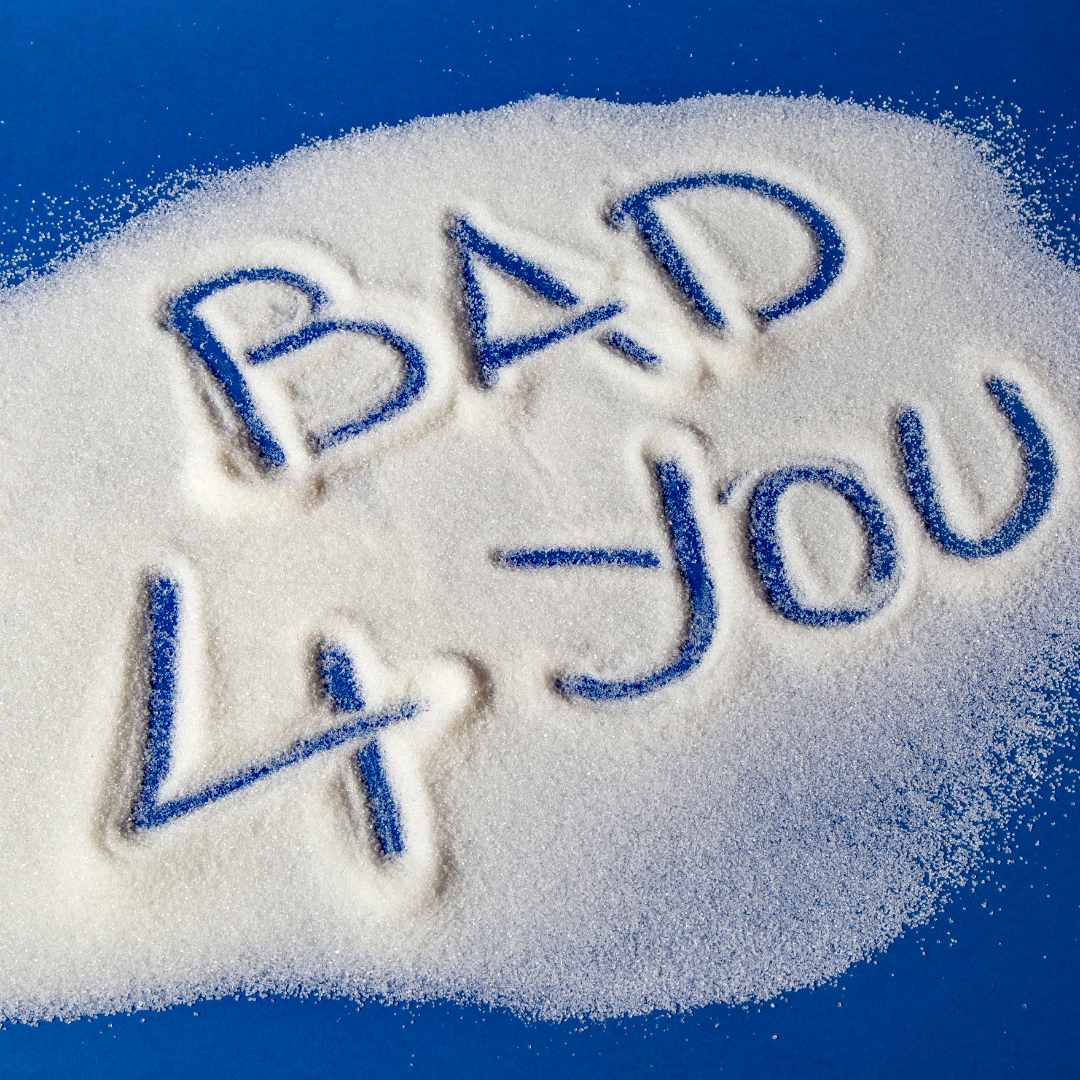Sugar-free candy and soda have been popular for over twenty years now. They promise the deliciously sweet flavor we’ve grown to love, while also fighting away any fat that could settle onto our frames. Usually, that idea would be something to smile about- but the evidence is coming out, showing that those who consume sugar-free foods might want to hide their smiles.
If you love sugar free foods but noticed a change in your dental health- here’s an exploration of what might be happening.
What Does Sugar-Free Mean?
Sugar-free doesn’t mean that something’s less sweet, or even that it’s healthier. It just means it’s missing sugars that come naturally from sugar cane or fruits. This distinction means that they lack fructose or glucose. These foods are usually aimed towards dieters, since sugar has been found to have addictive qualities, and people with diabetes, since they’re at risk of high blood sugar, could risk ketoacidosis. Sugar-free foods are supposed to offer a substitute to fill your cravings and satisfy your mind and body.
What Goes Into It?
The most common sugar substitutes are sorbitol, mannitol, and saccharine. These sugar substitutes are often partially plant-derived, partially created in labs. Sorbitol is closest to high fructose corn sugar, mannitol is artificially produced from table sugar, and saccharin is entirely human-made from chemicals. Two of these are hardly considered sugar free, but are often in sugar free foods anyways, just in low enough amounts that the FDA can accept them.
Why Are These Bad?
Not only are these still related to sugar closely, but there are also links to all three of these being carcinogenic. When our bodies break these down, they can turn into acids that eat away enamel and destroy teeth. Another issue they cause is upset stomachs, mostly if consumed in excess, leading to more stomach acid being created, which can further hurt your teeth and esophagus.
Are there Alternatives?
The best sugars to go for are natural ones. You can easily avoid cane sugar using agave nectar or honey, but these are high in raw sugar and maybe hazardous if you have diabetes. Research what your dietary restrictions allow, and try to find a sugar replacement that’s good for you. Although sugar is entirely natural, it makes sense that there are people who work to avoid it. Keep your teeth and health in mind, and push forward from there.







